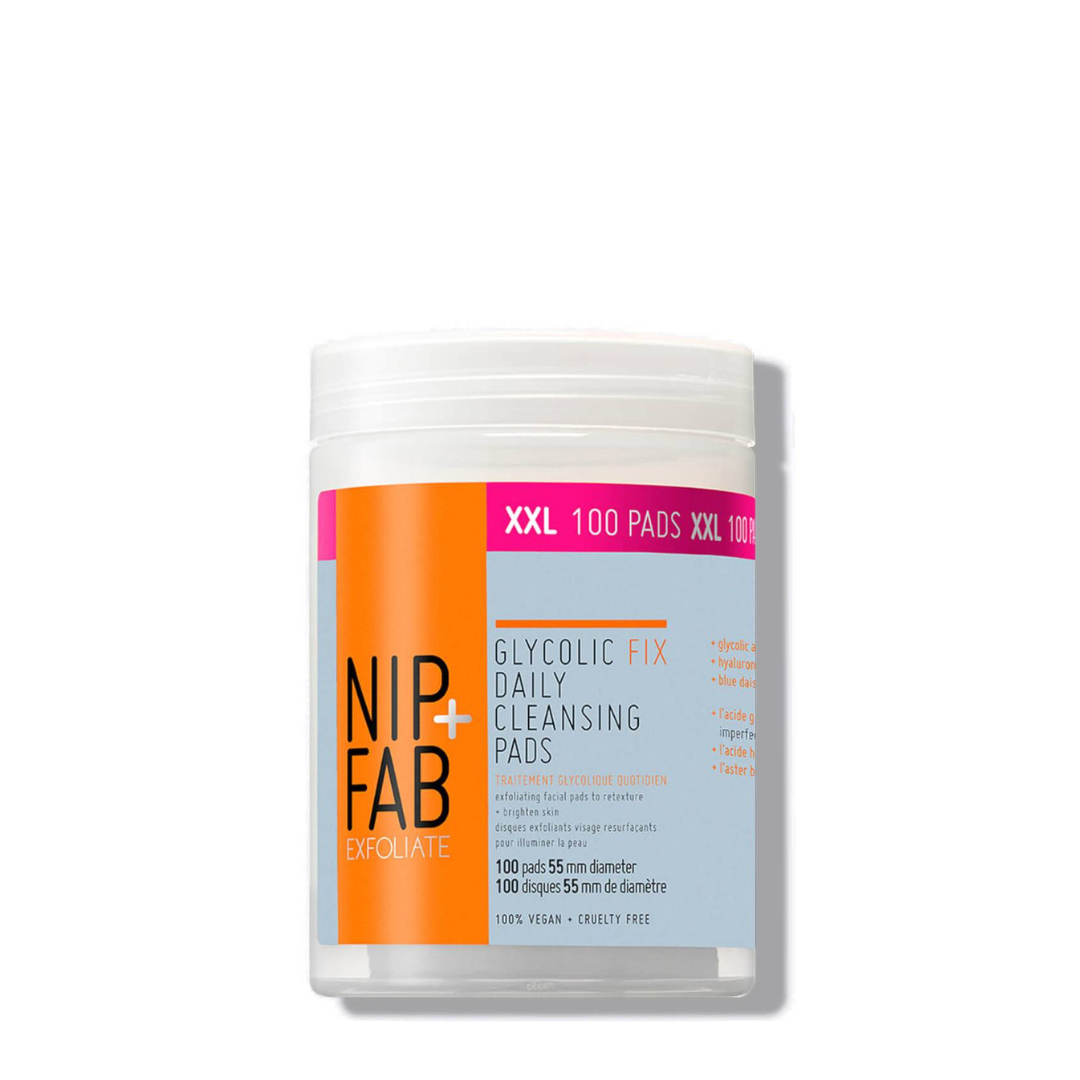8 ways to use Glycolic Acid on Black skin
Glycolic acid has a reputation. Unfairly so we think.
Glycolic acid is a type of alpha hydroxy acid that comes from sugar cane. It’s an exfoliant and its main action is to break down the bonds that hold old and dead skin cells together on the surface of the skin. This results in skin that is smoother, more even tone and plumper. The common misconception is that it’s unsuitable for Black and brown skin but this couldn’t be further from the truth. Yes, it’s the most powerful exfoliating skincare acid but when used appropriately and with care for the right skin concerns, it can be incredibly effective.
It’s a multi-functional ingredient that you can use on so many areas of the body - we’ve compiled a list (we love a list!) of its many uses.
It can be used for keratosis pilaris (aka chicken skin or strawberry skin) sometimes found on the back of legs, thighs and arms. In extreme cases, even on the face. Glycolic Acid will help to remove old and dead skin cells that clog the pores and help smooth and improve the appearance of skin. We suggest using a body wash or scrub and moisturiser with glycolic acid.
Glycolic acid is a deodoriser. Yes, it makes a very handy deodorant and can also be used to smooth and brighten hyperpigmentation in the arm pits. Don’t use on the same day as hair removal though as that may be irritating.
Dry and rough elbows and knees? Glycolic Acid can be used to exfoliate away old and dry skin cells and over time these areas are smoother and more even toned. Include a gently glycolic acid body lotion in your daily skincare.
It’s always sandals weather in one part of the world and no-one enjoys hard and crusty feet. Glycolic Acid is fantastic as softening dry and cracked heels. Apply every other night before bed to slough away at tough hardened skin.
Glycolic Acid is suitable for use on acne, especially on the body. Its antibacterial and exfoliative power is amazing for helping get deep into the pores to treat chest, back and bottom breakouts. Using a spray will help you treat hard to reach areas.
Calluses? Weightlifters will be familiar with hard and fleshy calluses on the palms of their hands. Glycolic acid can gently exfoliate and soften these hard patches. Use a glycolic acid toner every evening before applying hand cream.
Ingrown hairs on the face, nape, armpits and bikini line are created when hair gets trapped under the skin and is especially common after shaving or cutting hair. Glycolic acid is excellent at loosening the bonds that hold skin cells together and freeing the hair. If you’re prone, including Glycolic acid toning pads in your routine every other day will help. Wait a couple of days after hair removal to use.
Glycolic acid is excellent on dandruff too. Used as rinse off treatment prior to shampooing, not only does it eat away at the excess oil and product build up that clogs the scalp, it also breaks down old and dead skin cells that cause dandruff.
If you’ve previously dismissed Glycolic acid because you have Black skin, you may just fall in love with it all over again! Just remember to apply (and reapply) sun protection to exposed areas because it can make you more sensitive to sun damage and hyperpigmentation.
Black Skin Directory may earn a small commission if you purchase through these links. For further information, see our Terms & Conditions.










